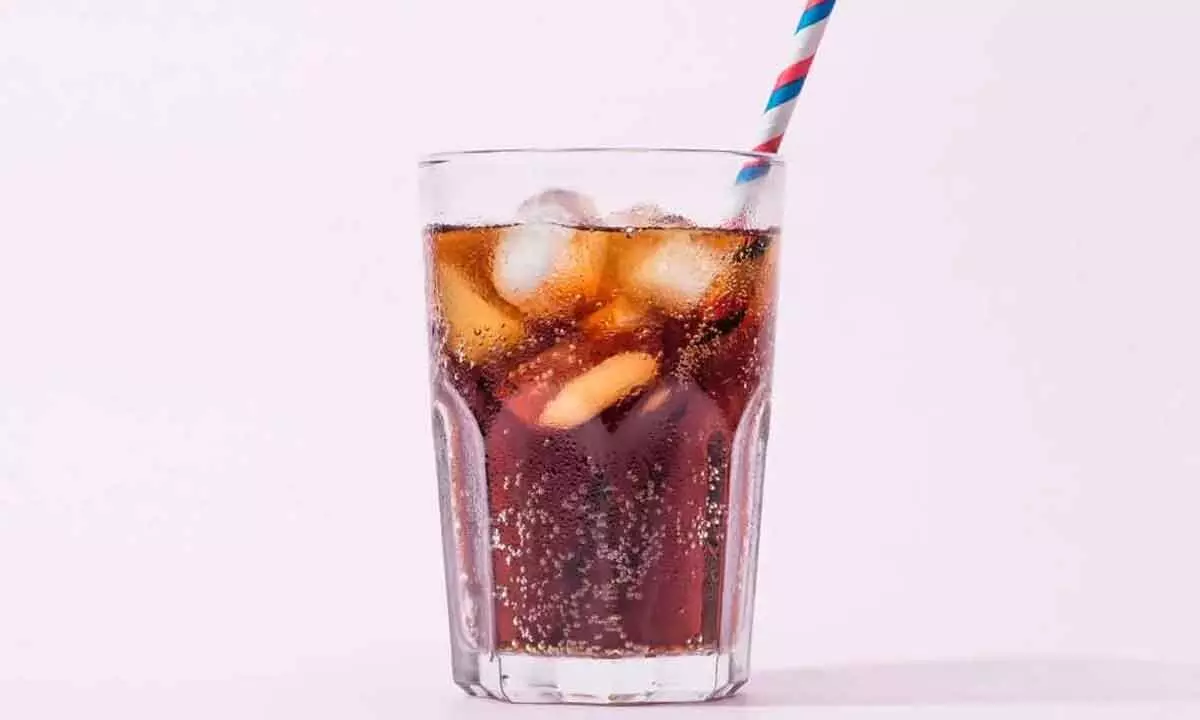Diet soda sweetener may soon be declared cancer causing agent: Report
Share :

Aspartame, one of the most commonly used artificial sweeteners in foods and beverages, is soon likely to be declared as a cancer causing agent by the World Health Organization's (WHO) cancer research arm, according to a media report.
Aspartame, one of the most commonly used artificial sweeteners in foods and beverages, is soon likely to be declared as a cancer causing agent by the World Health Organization's (WHO) cancer research arm, according to a media report.
The International Agency for Research on Cancer (IARC) is expected to list aspartame, used in products from Coca-Cola diet sodas to Mars' Extra chewing gum, in July as "possibly carcinogenic to humans", as per a media report.
The ruling, reportedly finalised earlier this month, is based on all the published evidence against aspartame and also includes recommendations from the WHO’s expert committee on food additives, known as JECFA (Joint WHO and Food and Agriculture Organization's Expert Committee on Food Additives), as well as from national regulators.
The IARC said it had assessed 1,300 studies in its June review.
The findings are kept confidential until July, an IARC spokesperson was quoted as saying. However, the findings are "the first fundamental step to understand carcinogenicity", the spokesperson added.
While IARC has been criticised for sparking needless alarm over hard to avoid substances or situations previously, its 2015 ruling about glyphosate being "probably carcinogenic" led to lawsuits, and pressured manufacturers to recreate recipes and swap to alternatives.
"IARC is not a food safety body and its review of aspartame is not scientifically comprehensive and is based heavily on widely-discredited research," Frances Hunt-Wood, Secretary General of International Sweeteners Association (ISA), was quoted as saying.
Major food and beverage makers have for decades defended their use of aspartame. But a 2022 observational study from France including 100,000 adults showed that people who consumed larger amounts of artificial sweeteners -- including aspartame -- had a slightly higher cancer risk.
According to sources close to IARC, listing aspartame as a possible carcinogen is intended to motivate more research, the report said
On the other hand, it will also likely ignite debate once again over the role of IARC, and also the safety of artificial sweeteners.
Last month, the WHO had published guidelines advising consumers not to use non-sugar sweeteners for weight control. According to Indian health experts, use of non-sugar sweeteners in moderation may not cause harm in people with diabetes.














